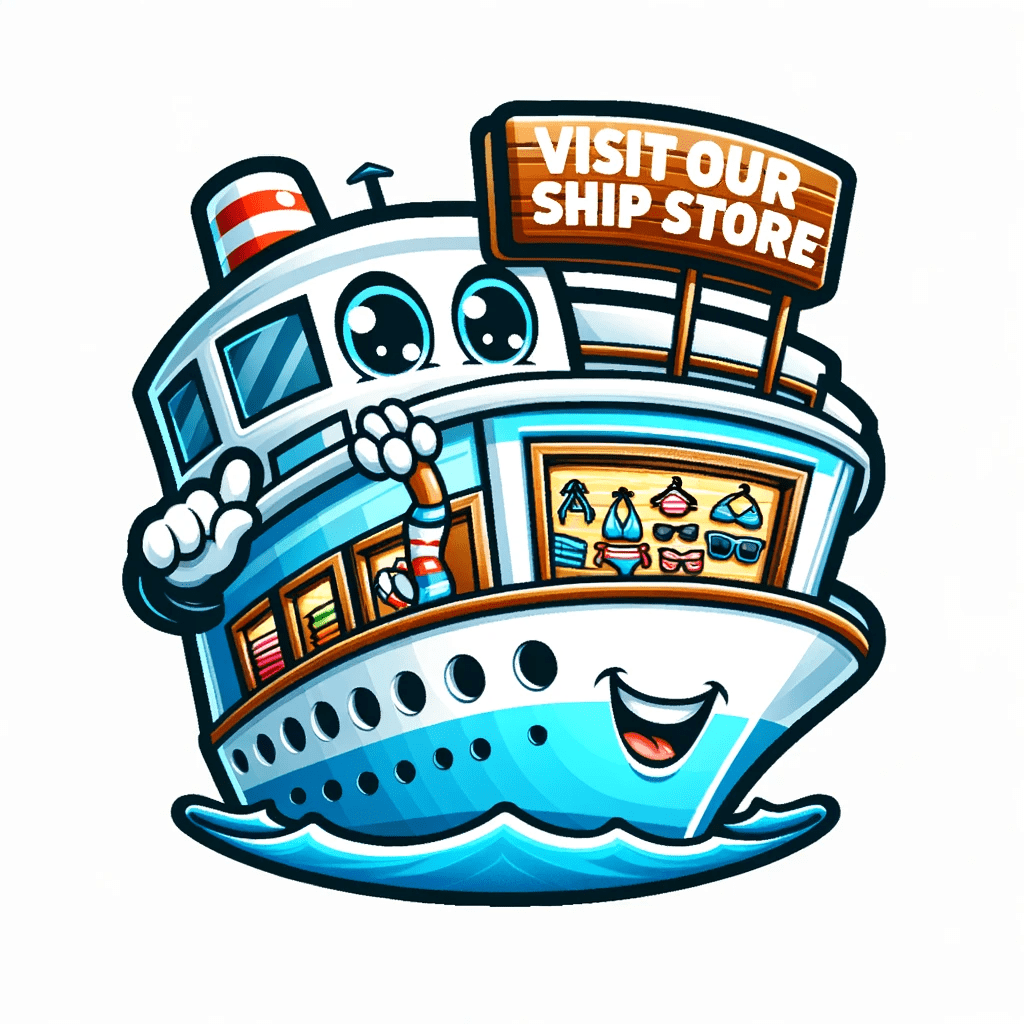James Michael Grimes’ Thanksgiving voyage aboard the Carnival Valor, destined for Cozumel, Mexico, took a life-threatening turn when he found himself overboard and isolated in the Gulf of Mexico. This extraordinary tale of survival unfolds as Grimes, a 28-year-old construction worker from Valley, Alabama, fought against the odds to stay alive, driven by thoughts of his beloved daughter, Annabeth.

The cruise, meant for relaxation and family bonding with 17 relatives, spiraled into a nightmare the night they left New Orleans. After enjoying an evening that included winning an air-guitar competition, Grimes experienced the unimaginable — falling into the open sea, disappearing from the sight of the ship. The moments that followed tested his will to live amidst the vast, unforgiving waters.
Grimes’ ordeal in the open ocean spanned a harrowing 20 hours. Throughout this time, he faced numerous challenges, including the stings of jellyfish swarms and a terrifying encounter with a creature sporting a fin, which he believed might have been a shark. Despite his fears and the physical toll, Grimes remained resolute, spurred by the thought of seeing his daughter again and his determination to survive. His strategy for survival included singing songs he made up to keep his spirits high and attempting to consume floating debris to sustain his energy.
The search and rescue operation spearheaded by the U.S. Coast Guard, coupled with the vigilance of a passing bulk carrier vessel, was pivotal in Grimes’ rescue. Lt. Seth Gross, a Coast Guard search and rescue mission coordinator, highlighted the seamless convergence of factors that led to Grimes’ survival — from his ability to stay afloat without a flotation device to the fortunate timing and location of his discovery by the crew of the “Crinis.” Gross emphasized that Grimes’ survival represented the “top end of the survival limit,” underscoring the rarity and remarkable nature of such an outcome.
Technology played a crucial role in the rescue effort, with the Coast Guard employing its Search and Rescue Optimal Planning System to estimate Grimes’ potential location. This advanced system, likened to dropping 5,000 virtual rubber ducks into the sea, helped narrow down the search area, ultimately leading to a successful rescue just as Grimes neared his physical limits.
Grimes’ story is not only a testament to his unwavering will to survive but also highlights the critical importance of technology, teamwork, and human resilience in search and rescue operations. After being rescued, Grimes spent five days in intensive care, recovering from the ordeal and reflecting on his miraculous survival. With the support of his family and the broader community rallying to assist with his medical expenses through a GoFundMe campaign, Grimes expressed his gratitude for a second chance at life, attributing his survival to the love for his daughter and a firm belief in his destiny to return to his family.
This incredible narrative of survival against the odds serves as a powerful reminder of the strength of the human spirit, the advances in search and rescue technology, and the profound impact of familial bonds in the face of life’s most daunting challenges.
For more news, go to https://carnivalcruisehub.com/news-nook/








